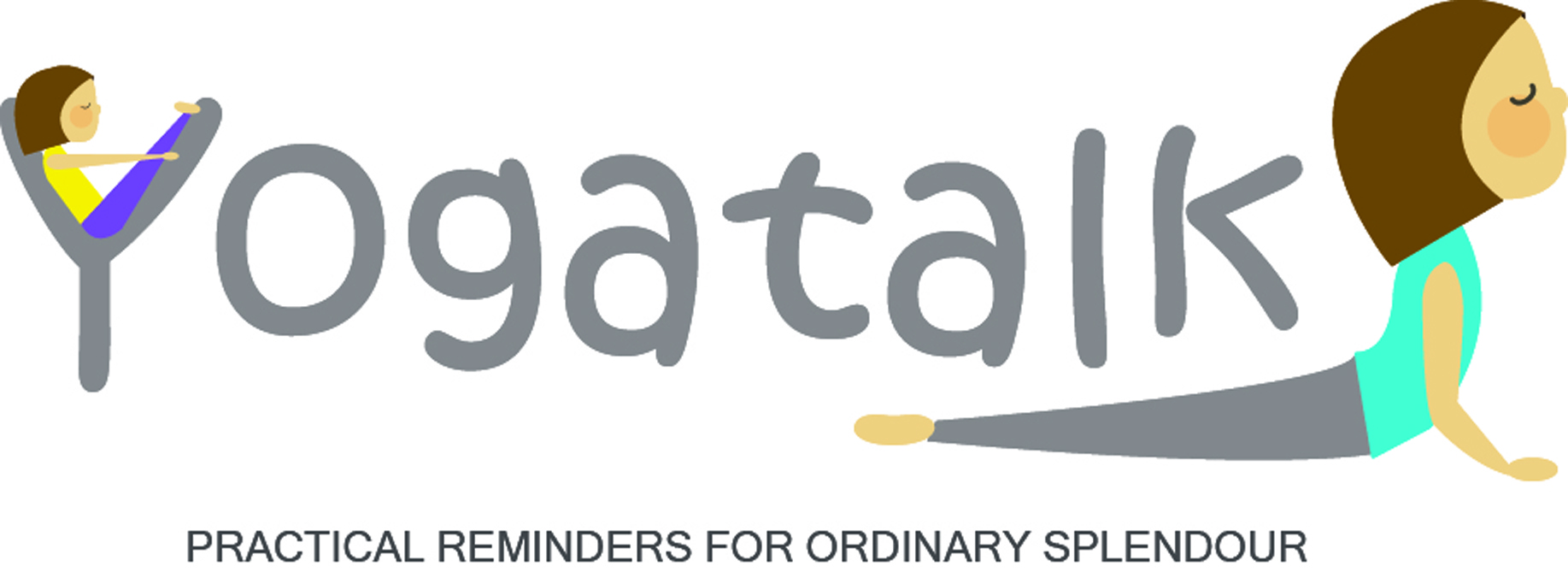 STOP. CLOSE YOUR EYES AND TRY HOLDING YOUR BREATH…
STOP. CLOSE YOUR EYES AND TRY HOLDING YOUR BREATH…
How long? Probably… not… that… long.
That was just to remind us how breath is fundamental to life – when denied it we die, yet we can so easy undervalue it.
Our brain controls respiration automatically. The body breathes itself without us doing anything. We don’t have to think about it, so we get on with life – which is obviously extremely useful!
So because we don’t need to remember to breathe it’s very easy to overlook it.
Yet how we are breathing from moment to moment directly affects our health and well-being. It affects how we think, feel and function. This puts a lot of power in our control, so it is very foolish to overlook it… I hope this writing is a reminder for us all not to do this.
How well we are at that time is reflected in our manner of breathing.
An ideal respiration perfectly suits whatever we are doing. Some actions require more oxygen than others.
When feeling short of breath we might breathe through the mouth for a faster intake of oxygen, but generally we are designed to breathe through the nose.
The nose warms and filters the breath. The nostrils take turns to be dominant.
Certain physical factors can lead to mouth breathing, but it is also commonly a result of habit.
I am a habitual mouth breather, and sometimes to breathe through the nose can feel very claustrophobic!
Fortunately, better breathing patterns can be reclaimed with benevolent patience. I do try and notice, but at times such as during sleep I too easily slip back into my habit.
A person may be unaware how they are compromising their breathing by falling into such a habit. Or maybe they do know what harm they’re causing through a habit like smoking – but the urge to smoke has greater power than the desire to stop.
We can easily adapt to the unnaturalness of things like smoking.
Unnatural things can come to feel like normal. Addiction always has a price.
Adaptability is a positive human quality, but we can adapt to bad routines as well as good ones.
Quality and rhythm of breath affect mental state. An erratic breath can unsteady; a full deep breath can empower; a soft and long exhalation can calm the nervous system and help quieten the mind.
It is empowering to be aware of this, recognise when there’s a need for it, and put it into practice.
Poor breathing habits can creep up on us gradually. Then when muscles and fascia of belly and ribcage become stiff and resistant, the poor lungs will simply forget what a full deep breath feels like, because it just feels like normal, and the new normal is rubbish.
Better habits are easily rediscovered, with patience, with practice and a dollop of good humour to help make them stick.
The soft belly has associations with instinct and emotion – in other words, gut feelings.
We may tighten the abdomen whilst managing a stressful situation, then when the crisis has passed forget to let go of it.
Letting go of the belly during restful inhalation massages abdominal organs, exercises the diaphragm, and soothes and helps calm us – if we remember to do it!
Restoration can be rapid, but be prepared for the potential surge of strong emotion upon such unfamiliar releases of tension. Do not underestimate the power of the breath.
Fast and shallow breathing may be perfect for a quick response in urgent action, but continued for more than a short period it causes strain and malaise.
Breathing as if under stress long after stress has gone, will manifest in most unfortunate ways.
Living under chronic stress will kill us in the end.
Tragically, many of us do have poor and stressful patterns of breathing. I know this from personal experience and from teaching yoga. It seems even more tragic when it’s avoidable.
One could spend a lifetime paying the breath little attention, unaware of the force we have within us.
Optimum respiration is much more than an efficient processing of gases; it is a key to health and happiness. All we have to do is appreciate and notice.

